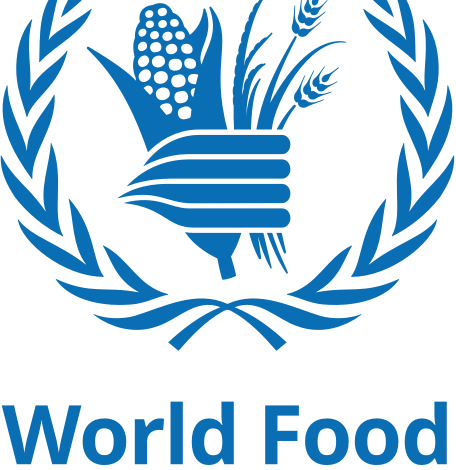
GOVERNMENT says community development programmes remain a priority as the country strives to build resilience and food security in the face of recurrent droughts.
This comes as the World Food Programme (WFP) has flagged Zimbabwe as a hunger hotspot with over 4,1 million people in the urban areas prone to famine.
Speaking on Tuesday during the signing ceremony of the Letter of Understanding between the government of Zimbabwe and WFP, Public Service permanent secretary, Simon Masanga, said the agreement was key in the face of climate change shocks.
“The government of Zimbabwe has been receiving support from the World Food Programme in various programmes including social protection programming, resilience and food assistance to flood and drought hit areas,” he said.
“This Letter of Understating is a way to strengthen the already ongoing work and to ensure that both government and WFP are accountable to the people they serve.”
Foreign Affairs and International Trade acting permanent secretary, Paveline Musaka, hailed WFP and the UN as dependable partners.
“Through our co-operation, we have witnessed the improvement of household food security and livelihood sustenance initiatives which continue to augment the Republic of Zimbabwe’s initiatives,” said Musaka. “It is my hope that WFP will keep delivering food assistance and managing supply chains when situations require such collaboration.”
WFP country director, Francesca Erdelmann said the agreement would contribute to sustainable solutions for food security.
- Mavhunga puts DeMbare into Chibuku quarterfinals
- Councils defy govt fire tender directive
- Bulls to charge into Zimbabwe gold stocks
- Ndiraya concerned as goals dry up
Keep Reading
“While humanitarian and social assistance will remain a large part of our portfolio of work in Zimbabwe, in response to the ever changing local context, we are committed to work closely with the government to intensify our investments to enhance resilience of people, communities and systems in pursuit of healthy lives and sustainable livelihoods,” Erdelmann said.











